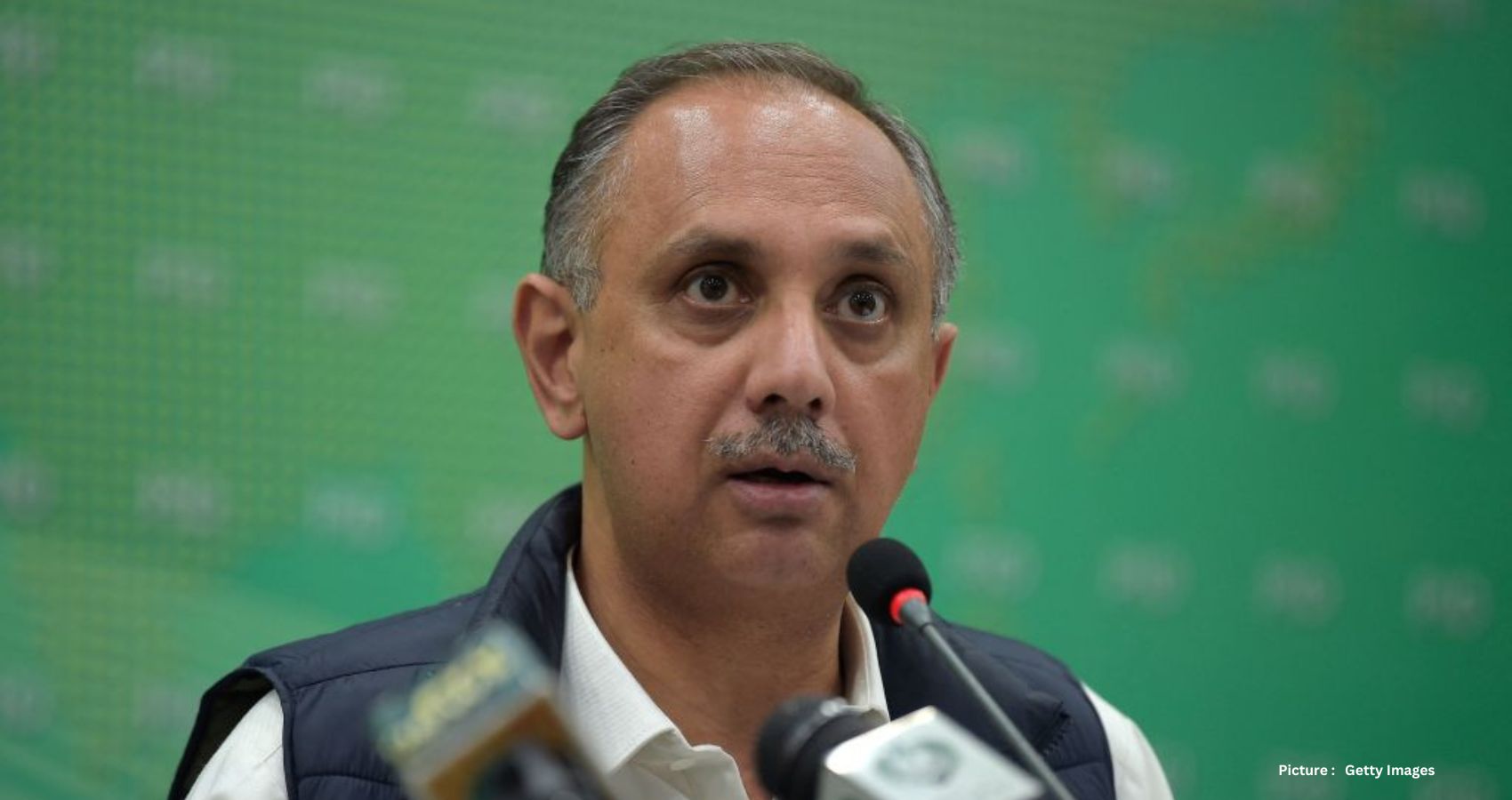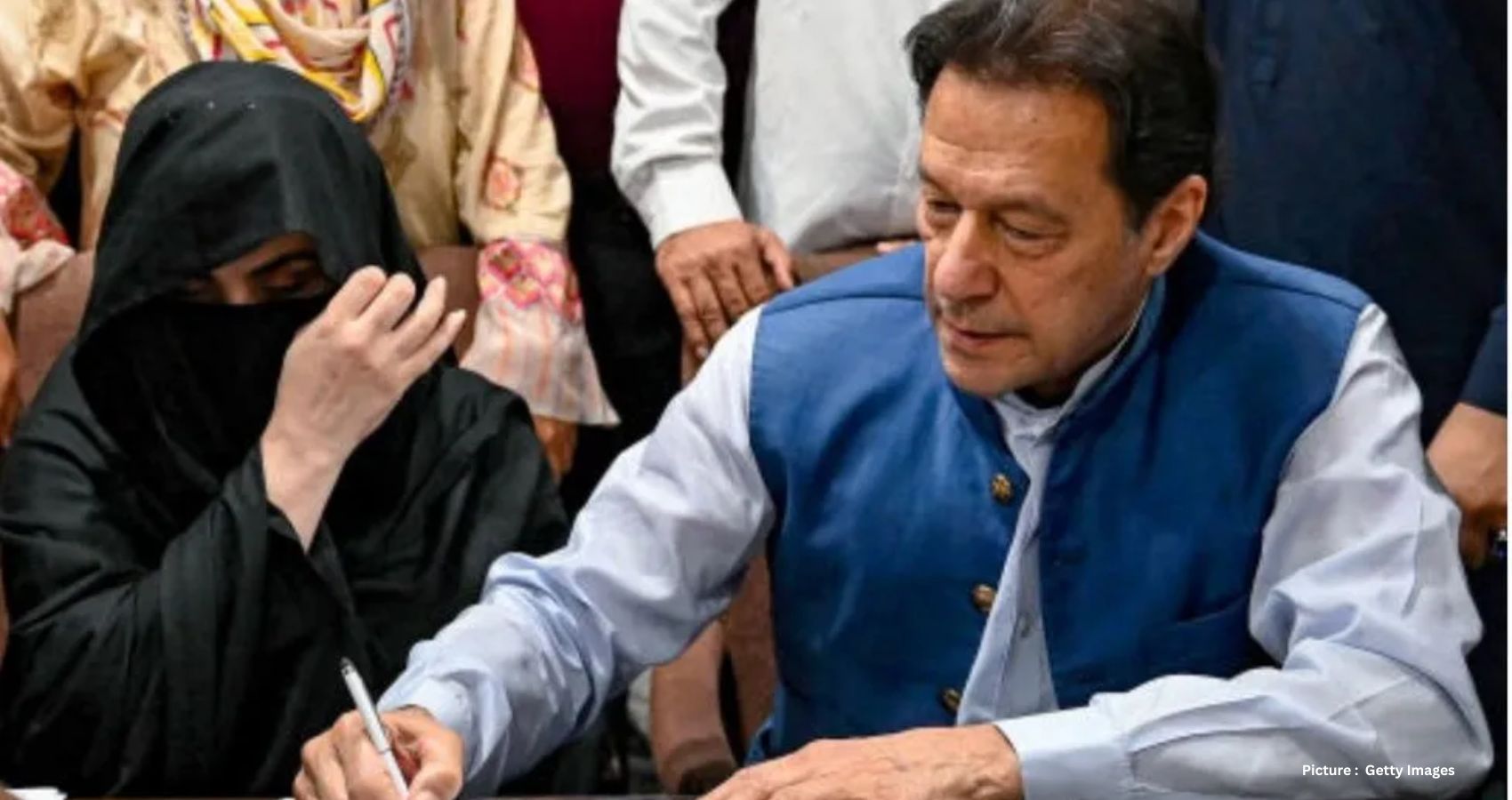Despite facing challenges such as the suppression of his party, disrupted mobile phone networks on Election Day, and election-related violence, former Prime Minister Imran Khan and his allies secured a decisive victory in Pakistan’s recent polls, despite Khan’s current imprisonment and criminal convictions which he maintains are politically motivated. Khan has expressed his preference for Omar Ayub Khan as the next Prime Minister of Pakistan. This endorsement was made public by a senior member of Khan’s party who visited him in jail.
In response to the nomination, Omar Ayub Khan, the 56-year-old former finance minister, expressed his gratitude, stating that he is “truly humbled” by the decision. He emphasized the party’s commitment to strengthening democratic institutions and initiating reforms to benefit the people of Pakistan while safeguarding their electoral mandate. Despite many candidates backed by Khan running as independents due to constraints imposed by the Electoral Commission, they secured the most seats in the election. However, coalition negotiations are ongoing as no single party has a majority to form a government independently.
As the nominated candidate for Prime Minister, Ayub will compete against former Prime Minister Shehbaz Sharif, who leads a rival coalition. Sharif is believed to be favored by Pakistan’s powerful military establishment. Ayub’s potential ascent to the premiership raises questions about his background and political career.
Omar Ayub Khan is currently facing multiple criminal charges, with 21 cases filed against him, some linked to protests following Khan’s arrest. These charges are viewed as part of a broader strategy to weaken Khan’s PTI party and bolster the military’s influence. Ayub has been in hiding since the arrests of PTI members and associates, including his personal secretary and business contacts, following the violent protests last May. Despite these challenges, Ayub remains eligible to run for the premiership.
In a recent statement, Ayub emphasized his priorities if he were to become Prime Minister, including securing the release of political prisoners, including Imran Khan and other PTI leaders.
Omar Ayub Khan comes from a notable political family; his grandfather, Muhammad Ayub Khan, served as Pakistan’s first military dictator from 1958 to 1969. His father, Gohar Ayub Khan, was also a prominent figure in Pakistani politics, holding various ministerial positions.
Ayub Khan’s political career spans over two decades, starting in 2002 when he was elected to the National Assembly as a member of the conservative Pakistan Muslim League (Q). He has held several ministerial positions, including Minister of State for Finance and energy and petroleum minister in Imran Khan’s cabinet. Despite setbacks such as losing his seat in the National Assembly and facing allegations of election rigging, Ayub has remained active in politics.
Educated in the United States, Ayub holds bachelor’s and master’s degrees in business administration from George Washington University. He is recognized for his oratory skills and economic expertise. While Imran Khan has been critical of the U.S. in the past, Ayub’s stance on U.S. relations appears more diplomatic, particularly regarding bilateral ties and investment in Pakistan’s energy sector during his tenure as energy minister.



